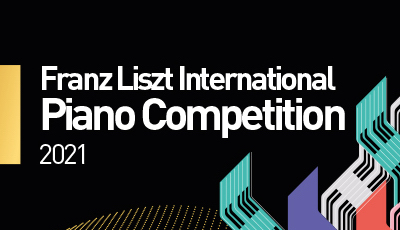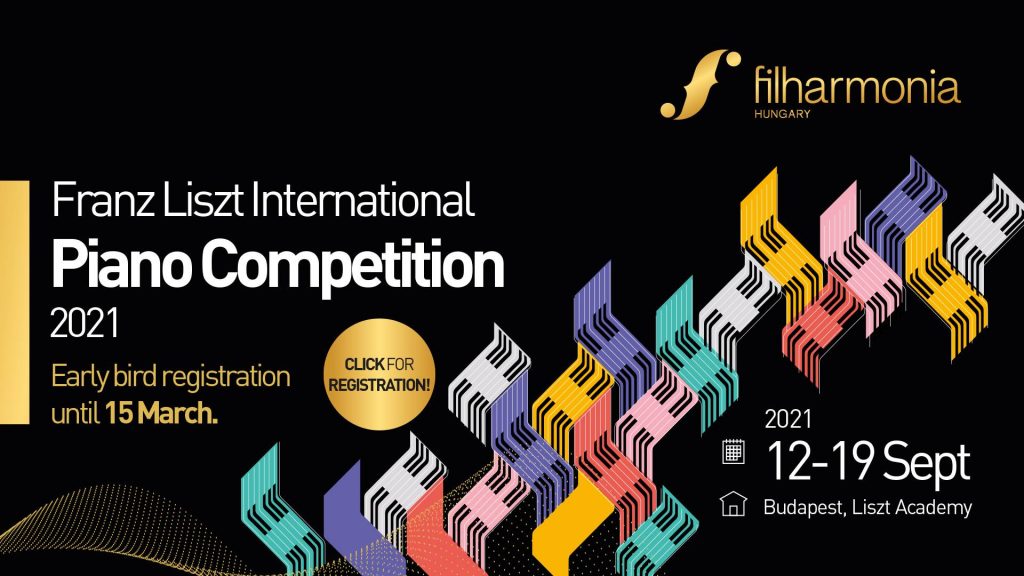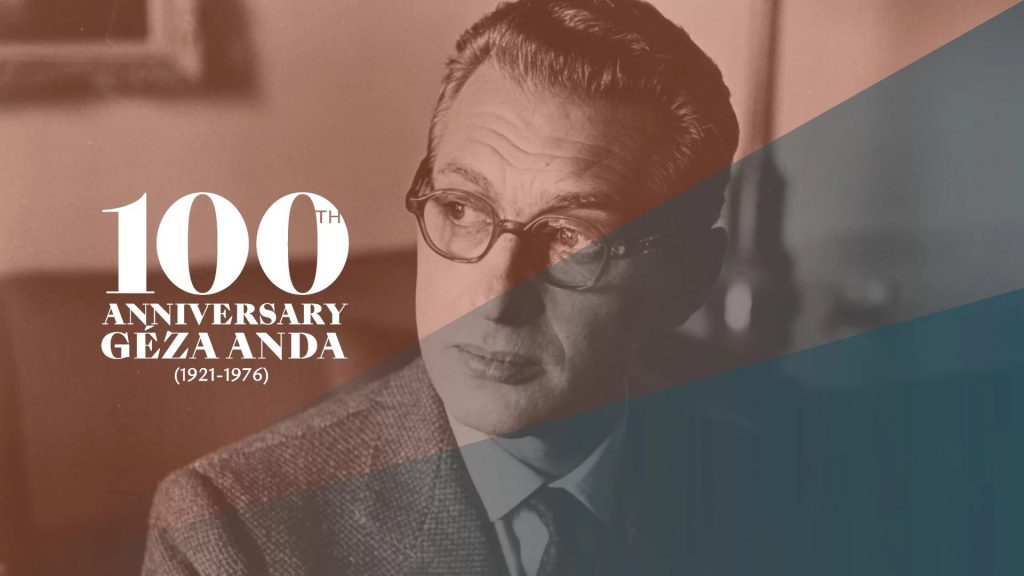VAN CLIBURN COMPETITION
Celebrating Excellence in Music and Uniting Pianists Globally
August 2021
The Van Cliburn Piano Competition is a prestigious piano competition held every four years at Fort Worth, Texas. Pianist Harvey Lavan “Van” Cliburn, Jr. established the Van Cliburn International Piano Competition, which has become one of the best-known classical music contests in the United States.
Van Cliburn was an American hero and an international icon for over five decades. He was praised as one of the most persuasive ambassadors of American culture, as well as one of the greatest pianists in the history of music. In 1958 he became famous as America’s classical music champion when he won first prize at the inaugural International Tchaikovsky Competition, which took place in Moscow when it was the capital of the communist Soviet Union. Van Cliburn’s victory took on deeper political and cultural implications in the context of the Cold War, as he defeated his Russian competitors. Four years later in 1962, a dedicated group of Fort Worth volunteers held the First Van Cliburn International Piano Competition in his honor; the competition is now widely recognized as one of the most prestigious the best-known classical music contests in the world.
Held at four-year intervals, The Cliburn allows the finest young concert pianists to perform before a global audience. In addition to the competitions, the Foundation manages the careers of professional competition winners for a defined period of time and presents concert series and educational programming in the Fort Worth area. The competition began on-line audio streaming of the performances and in 2009, all of the performances were webcasted live for the first time in its history.
In its 60-year history, the Cliburn has identified and ushered a host of exceptional internationally well-known artists including Barry Douglas, Olga Kern, Radu Lupu, Jon Nakamatsu, and Cristina Ortiz.
Before the competition takes place, an esteemed five-member screening jury travels from all over the world to hear more than 100 pianists perform a 40-minute recital in front of a live audience. From these auditions, 30 of the world’s finest pianists will be invited to compete for the coveted Cliburn medals, more than $175,000 in prizes and awards, and three years of commission-free career management valued at over $1.3 million. During a demanding three-week schedule, all competitors will perform two 45-minute solo recitals in the Preliminary Round. Then 12 semifinalists will be selected to perform a 60-minute solo recital. The six finalists will perform 6 competitors will perform two concertos, with the Fort Worth Symphony Orchestra and conductor Marin Alsop
This year for the first time in its 60-year history, the Van Cliburn International Piano Competition has been postponed. The competition hosted in Fort Worth has been rescheduled to June 2022 from its original June 2021 date, due to the coronavirus pandemic.













